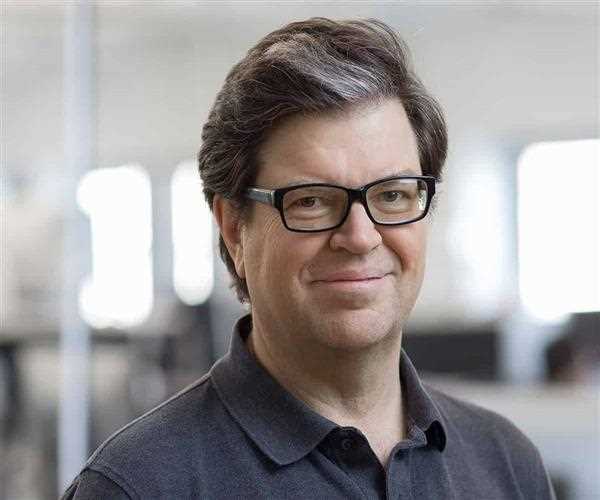
Meta Chief Scientist Says, AI Technology- ChatGPT is Past of the Tech World
Meta Chief Scientist says the recent circulating generative AI technology like ChatGPT is a dead end and he made an announcement of the latest AI project which is image-based Join Embedding Predictive Architecture, or JEPA.
Meta’s latest work on AI technology provides the ability to conceptualize abstract ideas whereas AI technology like ChatGPT, works on the generative form of technology and is a dead end.
Highlights
- Meta’s approach is too discrete for AI like ChatGPT
- Meta filed generative artificial intelligence in its products
- The company has released new open-sour AI models based on less requirement of power

Meta, the Parent of Facebook is a giant social media platform that is dealing with large data and current technology. The Chief Scientist of the company made a statement over the latest launched ChatGPT, a generative form of AI technology, saying the technology used in this project was already at a dead end, besides promising new artificial intelligence human thickness.
“Today AI and machine learning really suck. Humans have common sense, machines don’t” Chief of Meta, Yann LeCun told during an event of Meta in Paris. Meta has announced the work on the latest project based on artificial intelligence technology and called it image-based Joint Embedding Predictive Architecture or JEPA.
As per the claim made by LeCun, the project, and the science seeks to move beyond ChatGPT or other such tech based on generative AI and will give machines the ability to conceptualize abstract ideas and not just fold what is present as data online.
“Generative models are the past, we will abandon them in favor of joint embedding predictive architecture,” said Meta Chief scientist LeCun saying he will lead the new Meta project.
“My prediction is that in a few years, generative large language models will not be used anymore, we will have a better thing to replace them,” added LeCun.
Meta CEO Mark Zuckerberg also made some detail online via a Facebook post that the JEPA tool was open source, which means that this would be available to researchers to tinker with. And he also revealed the aim behind developing such AI that “more closely reflects how people understand the world.”
“We need models that perceive the world and make predictions. This research is another step in that direction,” said Zuckerberg.


